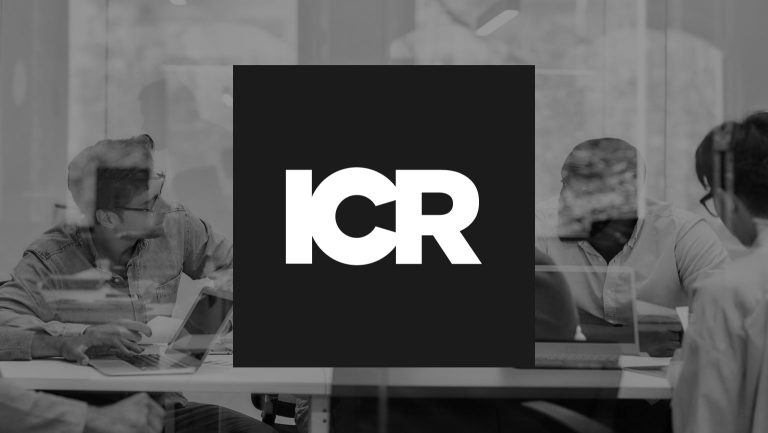Public companies tend to focus most of their investor engagements regarding ESG during the proxy season. However, as large institutional investors have expanded their investment stewardship teams, a growing number of companies have realized the importance of investor engagement during the off-season.
According to a report on off-season governance by IR Magazine, about two-thirds of investor relations teams have a program of activities relating to governance issues outside of the proxy season. More than 80 percent of companies say that off-season engagement strengthens relationships with investors and just over half (52 percent) say their off-season engagement activities result in greater support when it comes to the proxy vote. This leaps to 72 percent for mega-cap companies.
Off-season engagement has also become more common the past few years as investors seek to learn more about public companies’ commitments to environmental, social and governance (ESG) principles and the integration of ESG into overall corporate strategy. While it takes planning and effort, the benefits of off-season engagement and its real, tangible results make it an important strategy for public companies.
Strengthen Investor Relations and Hone Corporate Strategy
Off-season engagement with shareholders for public companies offers a number of benefits. For starters, it helps companies strengthen relationships with key constituents of the investor community (typically passive investors) and hone their corporate strategy to align with investor expectations.
Companies have an opportunity to hear directly from large shareholders, with whom they would not typically otherwise engage on a quarterly basis, about what they’re thinking and what their concerns and priorities are. From these conversations, companies can receive unvarnished feedback without filters or middlemen.
Off-season engagement also helps public companies and board members stay informed and abreast of any new developments among shareholders. The relationships developed during these conversations can also provide an additional layer of defense for companies that may become the target of an attack by an activist investor. After all, it’s better to talk to investors prior to an activist intervention than after a public attack has occurred. In IR Magazine’s study, more than one-third of both investors and IROs said they believe off-season engagement increases support for the company in proxy voting.
Engaging with investors during the off-season can help uncover issues they’re unhappy about, such as de-staggering a classified board, eliminating a super-majority voting provision, or other modifications to a company’s corporate governance profile. Following these engagements, companies can incorporate feedback from conversations into their proxy statement, signaling to the market that the company is making a concerted effort to improve investor relations.
From the investor’s perspective, shareholders can learn a lot more in a half-hour conversation with a CEO or director than they would spending hours sifting through SEC filings.
With Whom Should You Engage?
While there are clearly benefits to conducting off-season engagement, companies should be strategic when deciding which shareholders to engage with. Institutional investors like Blackrock, State Street and Vanguard, who do not have bandwidth to engage with all their portfolio companies during the proxy season, are prime candidates for off-season engagement.
Companies with problematic governance profiles or who are facing issues at the board level that investors should be made aware of are ones who should most seriously consider off-season shareholder engagement.
Off-Season Engagement Successes
ICR has worked with hundreds of companies on off-season engagement programs that have delivered successful results. Below, off-season engagement — designed to address specific corporate concerns or goals — made a marked difference in outcomes.
Freshpet
In 2020, ICR assisted in creating a governance enhancement roadmap for Freshpet. It was designed to positively impact director elections by emphasizing the board’s commitment to improving governance post-IPO. The roadmap, which was filed as an exhibit in Freshpet’s 2020 proxy statement, laid out specific governance provisions that would be implemented annually over the next several years.
Freshpet was expecting under 60 percent shareholder support for directors due to ISS negative recommendations and negative investor sentiment. But with ICR’s tactical assistance on end-to-end shareholder outreach, ESG and proxy disclosure, directors received 99 percent shareholder support. The approach earned praise in the proxy advisory community, with top institutional investors recommending that companies use it as a template for success.
Travelers Insurance
At its 2022 Annual Meeting, Travelers Insurance received two separate proposals with negative business ramifications. The proposal from a non-profit foundation received majority support at the meeting while the proposal from an ESG activist investor received close to majority support.
After the meeting, ICR devised an off-season shareholder outreach campaign that placed the Travelers board and management in front of senior leaders at key shareholder and proxy advisory firms to explain the negative ramifications of the proposals. As a result, both proposals were soundly defeated at the 2023 Annual Meeting.
Build Support for the Proxy Season
Conducting off-season engagement with key investors is one of the best ways to build support for the proxy season and decrease the likelihood of a successful activist campaign. Now is a good time to think about which investors would be the most beneficial to target for engagement during the current off-season.
Looking to explore an off-season engagement strategy for your company? ICR can help. Get in touch.



